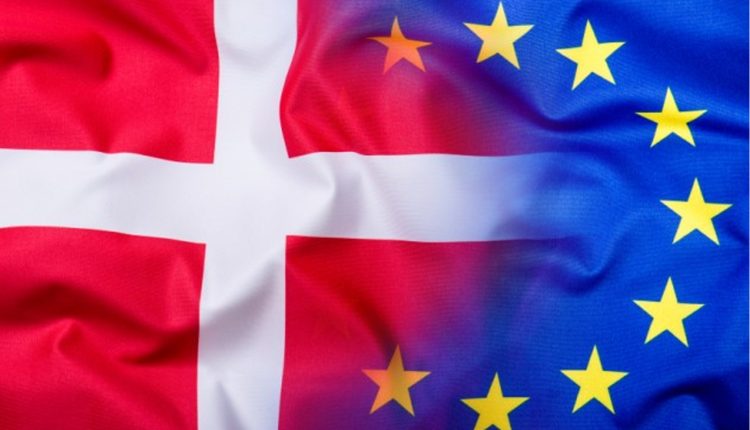Denmark’s minister: EU must accelerate approval of renewable projects
Denmark’s minister of Climate and Energy Dan Jørgensen has called on Monday for European governments to give a help in easing the process of approvals for renewable energy projects among mounting pressure for them to diversify away from Russian fossil fuels.
While the EU had sent some good signals about smoothing out permitting procedures, which can take as long as 9 years for wind farms, there is still potential for us to do better, according to Dan Jørgensen statement.
“It’s not only about regulation but also, as public authorities, how you deal with these processes. How do you make sure that when the contractor is doing this project, they’re able to do it as swiftly as possible?” he stated.
Denmark has a high record in wind power. In 1991 it became the first country to establish an offshore wind farm, in order to become a net exporter of green energy by 2030.
On the Baltic Sea island of Bornholm, Jørgensen will host an energy summit on Tuesday, where Denmark seeks to reach a deal with Germany, Poland, Sweden, Finland, Estonia, Latvia and Lithuania to extend wind capacity in the region.
In the last summit in May, Denmark, Germany, Belgium and the Netherlands agreed to rise wind power in the North Sea by 150 gigawatts, which’s around 10 times Europe’s entire wind energy capacity nowadays.
The EU also made good practice recommendations on permitting, that’s needed to be drastically accelerated.
In the Baltic is currently 2.8GW of wind power, of which 1.5GW is Danish. “The Danes believe there is the potential for up to 93GW in the Baltic but would need others to realise that potential. Talks on particular projects are already under way,” officials pointed.
Europe’s gas prices are around 12 times higher than the levels this time last year. It prompted by sharp cuts to gas flows from Russia in retaliation for the EU’s help to Kyiv following the invasion of Ukraine. This has raised the pressure to find ways to improve renewable energy production.
In September the European parliament will vote on suggestions to rise the share of renewables in the EU’s energy mix to 45 per cent by 2030, up from its current aim of 32 per cent.
On the other hand, the industry confirmed that these targets would be impossible to achieve. Moreover, the slow process to realising projects, material input costs have increased as China, which supplies much of the metals needed to make wind turbines, has grappled with Covid lockdowns.
Four of Europe’s biggest wind turbine manufacturers are losing and face higher acute financial challenges. As a result of the supply chain issues and development delays.
WindEurope, the industry body, showcased that given the obstacles, developers would only be able to build 18GW of wind capacity per year between 2022 and 2026, far below the 37GW needed yearly to meet the EU’s 45 per cent target.
“Countries would need to come together to pool infrastructure given the level of investment in the electricity grid required to support renewable energy, which is typically far more volatile than fossil fuel power.” WindEurope’s chief executive Giles Dickson stated.
Some indications showed that this is already happening. Kriegers Flak built in 2021 and the newest wind farm in the Baltic Sea. It considers as the first offshore wind project to have connections to multiple countries.
“We need to move away from single countries looking just at their own energy needs. We need to work together on this.” Jørgensen concluded.


